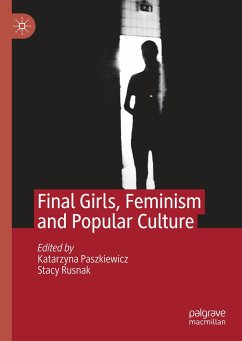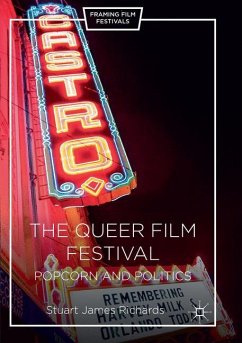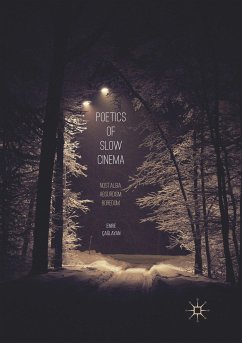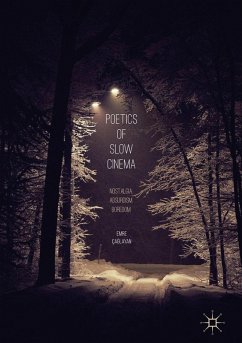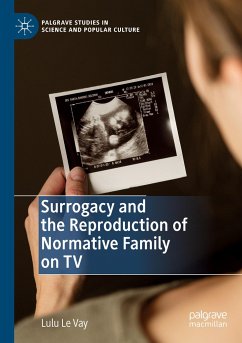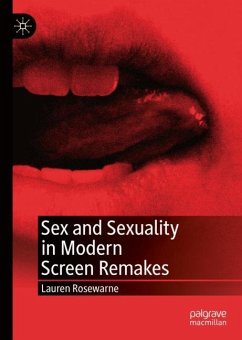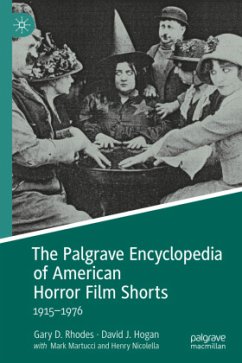
Final Girls, Feminism and Popular Culture
Versandkostenfrei!
Versandfertig in 6-10 Tagen
106,99 €
inkl. MwSt.

PAYBACK Punkte
53 °P sammeln!
This volume examines contemporary reformulations of the 'Final Girl' in film, TV, literature and comic, expanding the discussion of the trope beyond the slasher subgenre. Focusing specifically on popular texts that emerged in the 21st century, the volume asks: What is the sociocultural context that facilitated the remarkable proliferation of the Final Girls? What kinds of stories are told in these narratives and can they help us make sense of feminism? What are the roles of literature and media in the reconsiderations of Carol J. Clover's term of thirty years ago and how does this term continu...
This volume examines contemporary reformulations of the 'Final Girl' in film, TV, literature and comic, expanding the discussion of the trope beyond the slasher subgenre. Focusing specifically on popular texts that emerged in the 21st century, the volume asks: What is the sociocultural context that facilitated the remarkable proliferation of the Final Girls? What kinds of stories are told in these narratives and can they help us make sense of feminism? What are the roles of literature and media in the reconsiderations of Carol J. Clover's term of thirty years ago and how does this term continue to inform our understanding of popular culture? The contributors to this collection take up these concerns from diverse perspectives and with different answers, notably spanning theories of genre, posthumanism, gender, sexuality and race, as well as audience reception and spectatorship.





